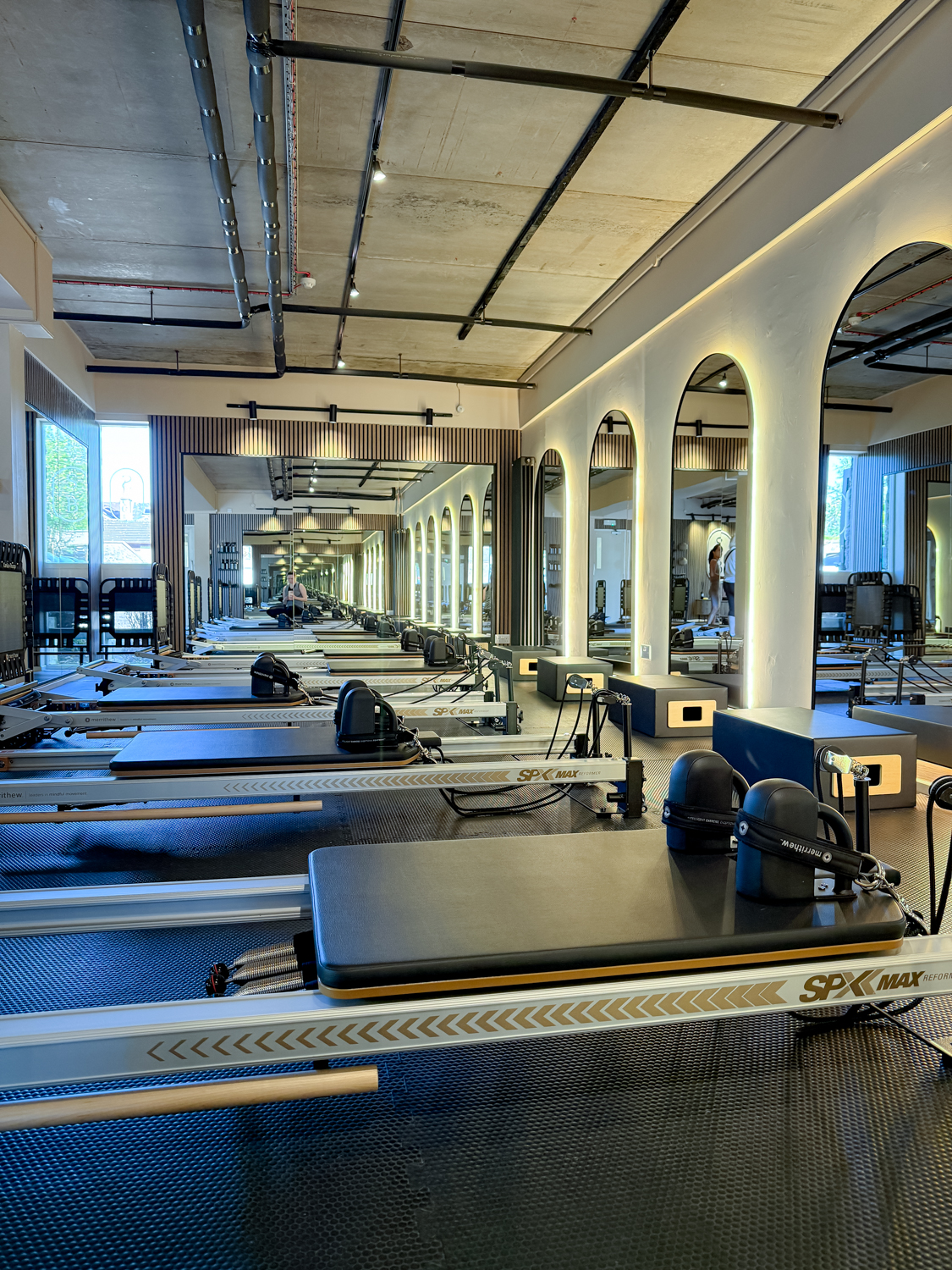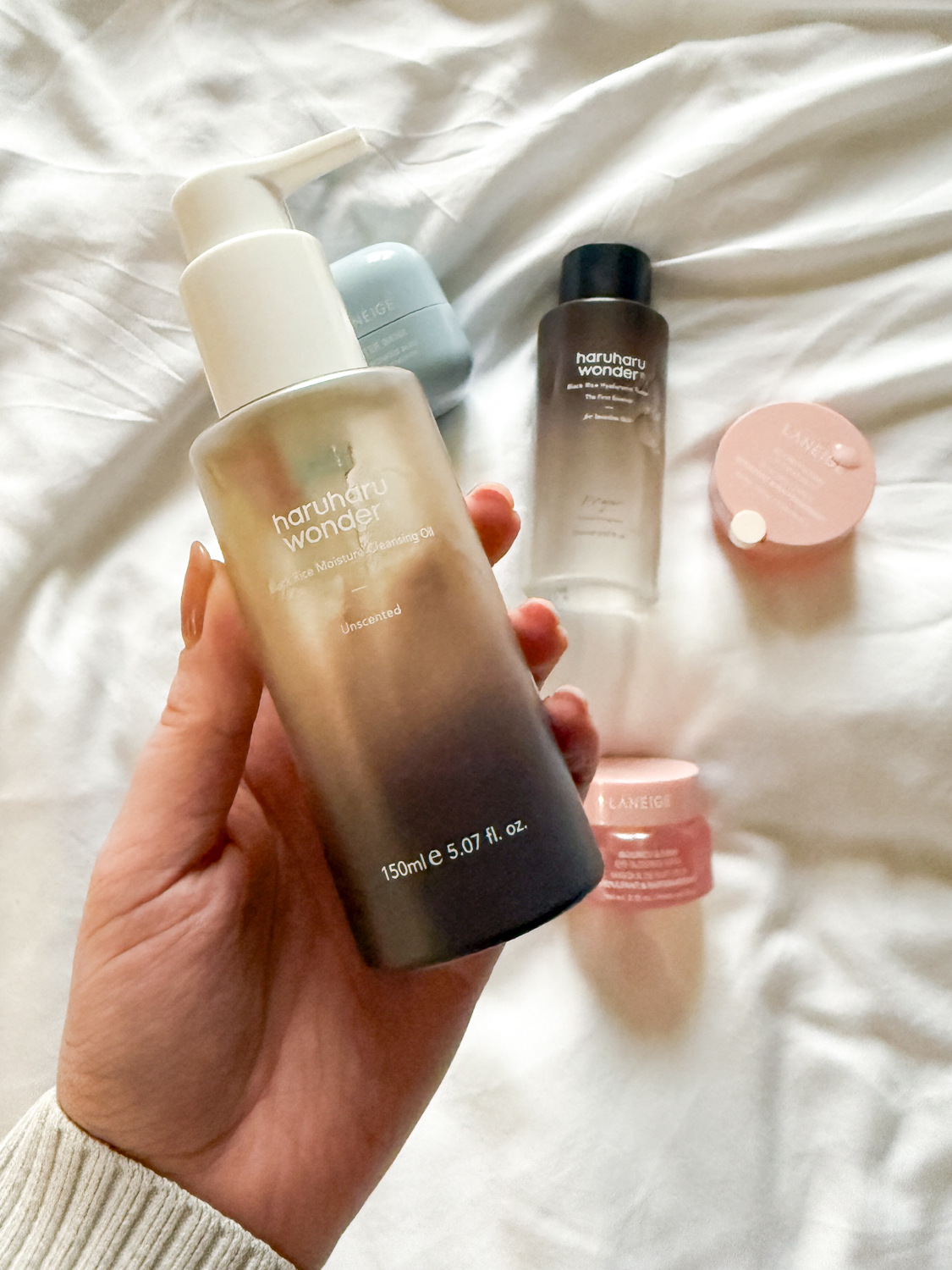Ultra‑Processed People by Chris van Tulleken: Why Our Modern Diet May Be Holding Us Back
I picked up Ultra‑Processed People expecting just another food exposé. But within the first chapters, Chris van Tulleken – an infectious-disease doctor and TV presenter – hit me with something deeper: our bodies are in an evolutionary arms race against ultra-processed foods designed to keep us hooked.
Hearing someone in medicine speak with this urgency about food, firmly grounded in science yet deeply personal, pulled me in from the start.

What Made Me Sit Up and Listen
Van Tulleken doesn’t just share research; he turns himself into a guinea pig. In one experiment, he lived on an 80% ultra-processed diet for 28 days. The results? Thirteen pounds gained, insomnia, anxiety, digestive issues, even premature aging, he estimated he aged by ten years in just four weeks.
But it wasn’t just about weight. The food lost its joy. Everything tasted the same, cravings ran wild, and his mood tanked. That’s when I realized, it’s not about willpower. It’s about chemistry.
A Food System Designed to Trap Us
He unpacks how ultra-processed food (UPF) isn’t inherently evil, but a product of industrial design. Additives, emulsifiers, synthetic sweeteners… these are engineered for shelf life, cost, and addictive effect.
Some UPFs are marketed as healthy, but the science clearly links them to obesity, diabetes, cancer, heart disease, and even changes in our brains that hijack our hunger signals.
Why We Need This Wake‑Up Call
What I loved most is how Van Tulleken connects the global dots, from his own experience to kids in the Amazon switching from traditional diets to snack foods shipped by Nestlé that led to diabetes. He weaves in the flawed systems of nutrition science, food-industry-funded research, and policies that fail to protect us.
When I read his arguments, I couldn’t help but feel: this book matters, not just for me but for anyone who cooks for their families, shops for groceries, or eats from convenience.
What I’m Doing Differently Now
This isn’t a ban book, it’s a gentle yet firm nudge. It doesn’t demand we go vegan or keto. Instead, it encourages curiosity, awareness, and small shifts:
- Reading labels like a detective – whenever there’s an ingredient you can’t pronounce, it often signals UPF.
- Prioritizing whole, minimally processed foods – fresh, homemade, seasonal.
- Letting meals be rituals again, not just fuel on the run.
I’ve started baking porridge, slow-cooking beans, and resisting the lure of “healthy” packaged snacks, even the ones dressed up with buzzwords.
Is It Worth Reading?
Yes, especially if you care about nutrition, parenting, mental clarity, or long-term energy. Van Tulleken writes with warmth, wit, and conviction, and strikes a perfect balance between anecdote and science.
This is the kind of book that makes you slow down, look at your fridge differently, and rethink what food is and does.
Where to Find the Book
Available in Paperback, Ebook, and Audiobook (he narrates it himself, it’s compelling to hear his own experiment unfold).
Join Our Lifestyle Book Club
If you loved this deep dive into food and wellness, you’ll feel right at home with our Book Club. And over on Gillian Sarah, we’re diving into Built to Belong by Natalie Franke a guide to building business through connection, not competition. Want to grow your wellness and your business mindset? We’re doing both.
Join the Book Club Newsletter for monthly picks, reflections, and resources for both life and hustle.
Frequently Asked Questions (FAQ)
Not at all. Van Tulleken writes like he speaks, curious, engaged, and often humorous, even while discussing serious personal health consequences.
No recipes here, just stories, science, and food for thought. It’s about helping you see your kitchen and diet through a new lens.
Perhaps at first, but it’s meant to spark awareness, not perfection. It encourages realistic choices, not food guilt.
Instead of fad diets, this is an investigative journey: mixing first-person storytelling with global perspectives and science-backed analysis. It’s as much about systems as it is about individual choices.
Final Thoughts
Ultra‑Processed People held up a mirror to how I eat, and challenged me to reframe food from convenience to nourishment. It urged me to show more care in shopping, cooking, and eating.
If you want to reconnect with what food truly is, fuel, culture, connection, this book offers a compelling roadmap. And if you read it alongside Built to Belong on Gillian Sarah, you’re getting nourishment for your body and your business.
Let me know what resonated with you, drop a comment below. To mindful meals and mindful business.



